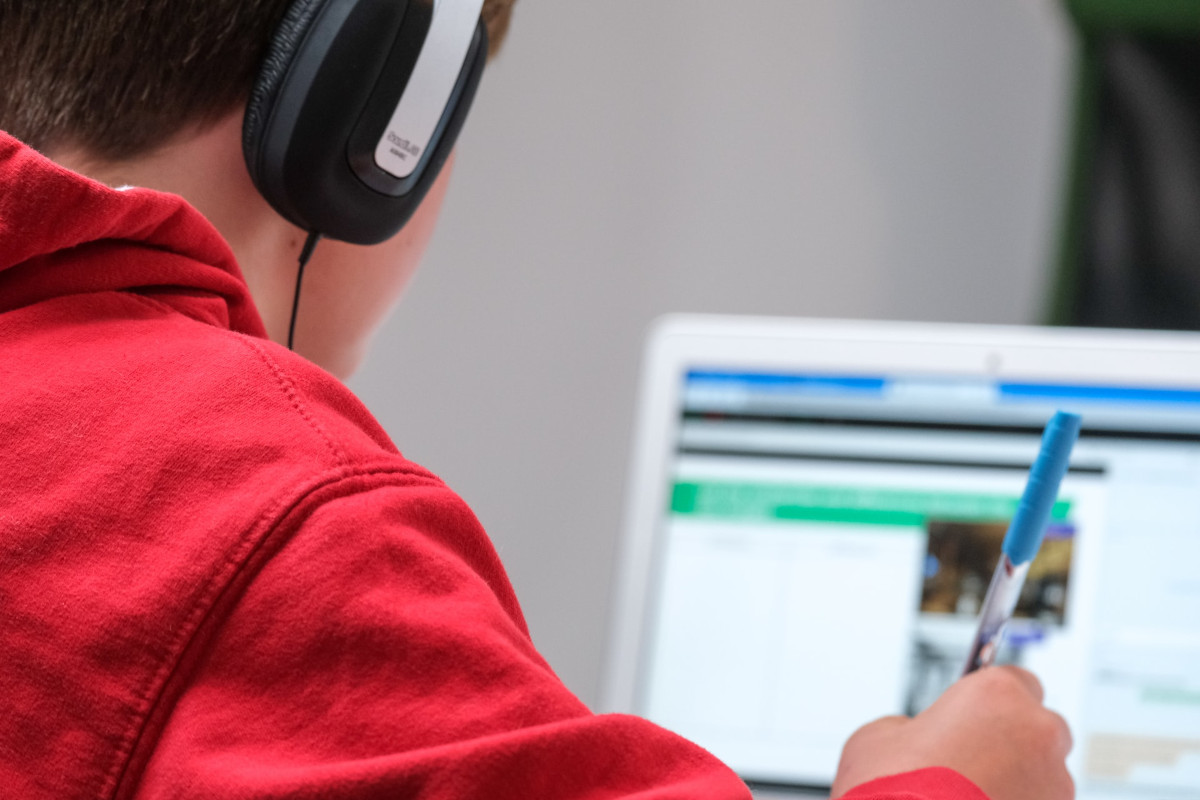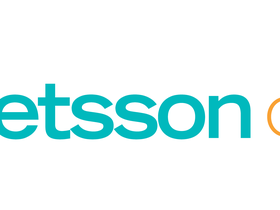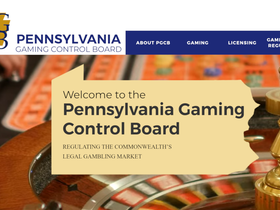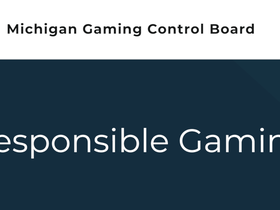It has been reported that many young people don’t see gambling as risky and that the percentage of high school students with a gambling problem is double that of adults.
Michigan could be on the cusp of helping a generation of future gamblers do so responsibly if lawmakers successfully pass legislation to have the state Department of Education make responsible gambling materials available for both public and private schools in support of K-12 instruction on gambling addiction.
Although the chances of SB 54 winning passage in the Michigan Legislature are unclear, consider that it already has two sponsors from both sides of the aisle. That support hints the bill stands a good chance of becoming law — and would make Michigan a very progressive state in the area of responsible gaming.
Under SB 54, the Michigan Department of Education (MDE) would be tasked with creating a “grade- and age-appropriate model program of instruction on gambling addiction” available in public and private schools by July 1, 2024.
The legislation would not require K-12 instruction on gambling addiction, merely that public and private school districts have the responsible gambling materials necessary to support such an addition to the curriculum.
“With the popularity of mobile betting apps and online sports betting now being legal in over 30 states, teenagers are having problems with gambling addiction,” primary sponsor Sen. Joseph Bellino Jr. (R-Monroe) said in a statement. “It has been reported that many young people don’t see gambling as risky and that the percentage of high school students with a gambling problem is double that of adults.”
Just as our teachers currently inform students about the dangers of drugs and alcohol, we need them to also educate them about the serious consequences of gambling addiction.
SB 54 was introduced in the Michigan Senate on February 7 and subsequently referred to the Senate Committee on Education for further consideration. Sens. John Cherry (D-Flint), Mallory McMorrow (D-Royal Oak), and Roger Victory (R-Hudsonville) co-sponsored the bill.
“My bill has bipartisan support to head off this growing problem by acting to raise awareness among our students about the real risks of gambling,” Bellino said. “Just as our teachers currently inform students about the dangers of drugs and alcohol, we need them to also educate them about the serious consequences of gambling addiction.”
The move by Bellino and his colleagues to enact responsible gambling legislation comes a little more than two months after the Michigan Gaming Control Board (MGCB) advised parents that their children’s “tween” years — in general, those between the ages of 9 and 13 — are the best time to discuss responsible gambling.
MGCB said having a discussion with children and adolescents about responsible gaming during the tween years can help avoid problems later.
The regulator said it was driven to act after learning that about seven out of ten students aged 14 to 19 will wager money on poker and other games this year. It also cited an estimate from the International Center for Responsible Gaming (ICRG) that 2%-7% of young people experience a gambling problem — an additional 6%-15% of youth are estimated to have less severe gambling problems.
Interestingly, despite the large number of options available for online gambling today, ICRG estimates that the rate of gambling problems among youth has been flat for the last 25 years.
Other responsible gambling advocates have posted similarly grim statistics. Last fall, the National Council of Problem Gambling (NCPG) warned that about 60% of high-school-aged adolescents report having gambled for money within the last year.
The NCPG also projected that about 10%-14% of adolescents are at risk for developing a problem with gambling. At the time, the organization said that it had “utmost concern [for] the 4%-6% of adolescents that research has shown already have a serious problem with gambling.”
In a nod that it supports K-12 education on gambling addiction, the NCPG also cited research that shows most parents of teens view gambling as “an innocuous behavior with few negative consequences.”




